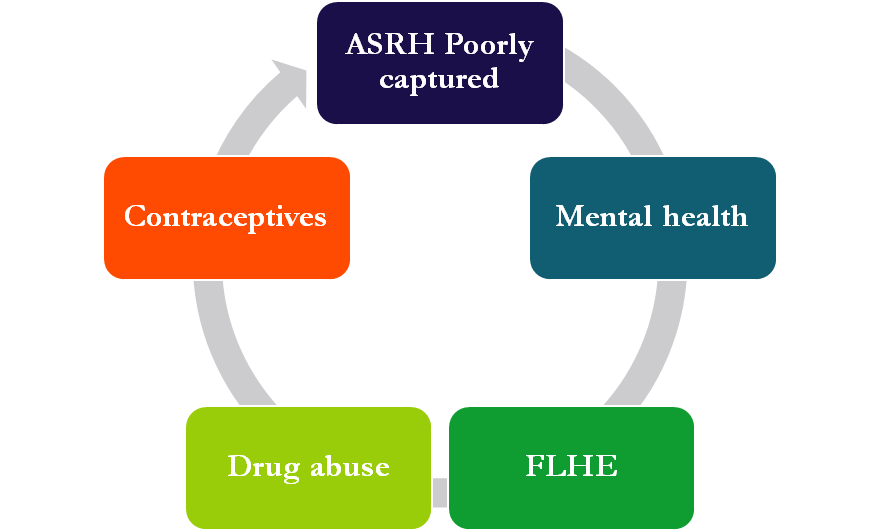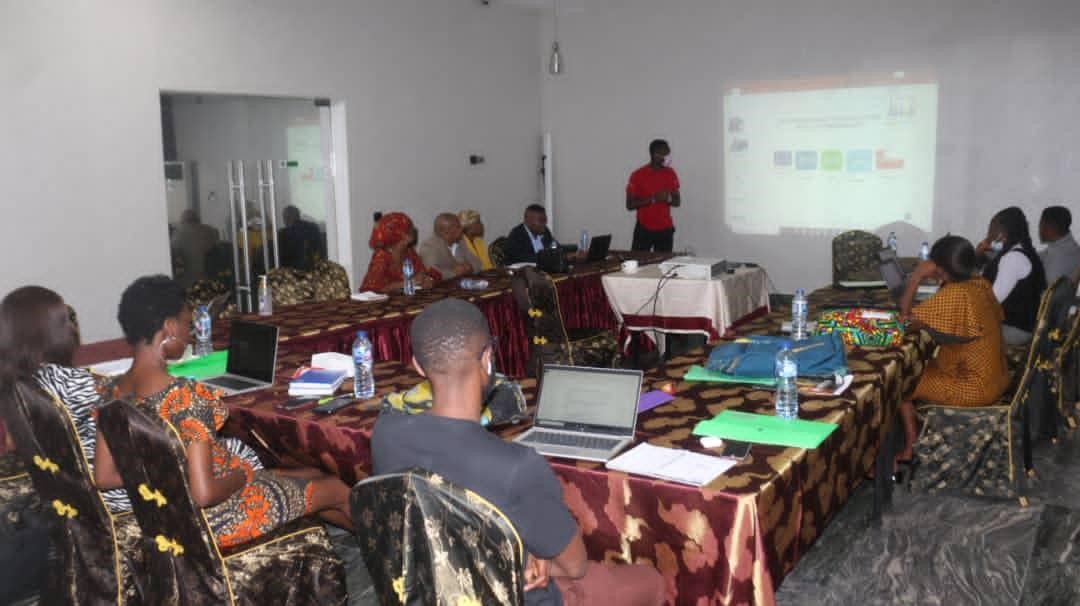Written by
Iwatutu Joyce Adewole (she/her)
The 2020 and 2021 federal budgets in Nigeria made very little provision for some critical issues affecting adolescents and young people. This observation was made on Wednesday, August 25, 2021 by the steering committee of the National Coalition for the Advancement of Adolescent and Youth Health (NCAAYH) during a retreat on health budget analysis. The insufficient expenditures in the area, the committee members said, were in spite of existing policies in favor of such investments.
Ekanem Itoro, a committee member, noted that the coalition should make sure there is an increase in health finances and also proper execution of funds for the health and wellbeing of adolescents and young people.
“Adolescents must be included in national health policies and investment plans for universal health coverage with a focus on the most vulnerable and marginalized adolescents and their families to ensure equity,” he said.
“Putting money into vertical or single-issue programs is rarely a good idea. Adolescents and young people must be covered in health insurance and barriers such as user fees should be eliminated to allow more adolescents and young people to have access to health services.”
He further suggested that programs should be structured to address several risk factors and vulnerabilities young people face.
The purpose of health financing, according to the World Health Organization (WHO), is making funding available and providing the right incentives to make sure all individuals have access to effective public health and personal health care.
Participants at the meeting agreed that health financing must be regarded with utmost urgency in all countries of the world. Today, millions of people including adolescents and young people do not have access to health services, and a large percentage of those that do receive poor quality of services even when they pay out-of-pocket.
“As of 2020, only 7 percent of the national budget was allocated to the health sector of a country of over 200 million people. These figures only further buttress how low and poorly structured our health sector budget is,” said Oyeyemi Pitan, who is also a member of the steering committee of the coalition.
“Despite all these, health is a basic right and for this sector to improve prompt action and advocacy must be put in place. Everyone has a role to play, particularly young people who are most impacted by uninformed decisions and unresponsive programs,” she added.
“Youth advocacy influences important decision-making as they would be actively involved and be allowed to contribute on the behalf of the public. They would serve as an advisory body and bridge the gap between communities and the government. It also improves transparency and accountability in the health system and makes effective health financing and budget monitoring a community effort.”
Bolaji Umar concluded that through social responsibility, the execution and proper utilization of budgeted expenditures can be enhanced. Citizens, including children and teenagers, can participate in participatory budgeting, public expenditure tracking, public service delivery monitoring, lobbying, and advocacy campaigns. Budget monitoring is just as crucial as budget creation and execution when it comes to developing the health system.

Critical AYP issues that are poorly captured in the health budget.
National Coalition for the Advancement of Adolescent and Youth Health (NCAAYH) is a youth-led, youth-serving and youth-driven coalition managed and coordinated by young people advocating for an increase in health financing and the prioritization of adolescents’ health and development in government budgets. The coalition has a steering committee of young people from the six geo-political zones in Nigeria representing the perspectives of young people in their respective zones and committing to advance the health and total well-being of adolescents and young people in Nigeria.
The coalition was formed right after capacity building on adolescent and youth sexual reproductive health and rights for the youth-led organizations on Global Financing Facility in Nigeria that took place between June 29 and 30, 2020, with support from Evidence for Action and Africa Health Budget Network. It was an urgent decision in a pandemic where most of the health budget was used for the COVID-19 response and funding for adolescents’ health was shrinking.
The steering committee started the process to develop a scorecard that would enable them to track and measure the implementation of adolescent and youth policies and programs and their impact on young people. Some challenges, however, occurred as regards the quality of data and information needed, which have slowed down the development of the scorecard.
Dr. Aminu Magashi Garba during the retreat asserted that “young people play a critical role in social accountability and that there is an urgent need to carry them along in health reform…..that, is why the Africa Health Budget Network and Evidence for Action are training, empowering, and supporting the youth coalition on budget monitoring, health financing, and social accountability.

